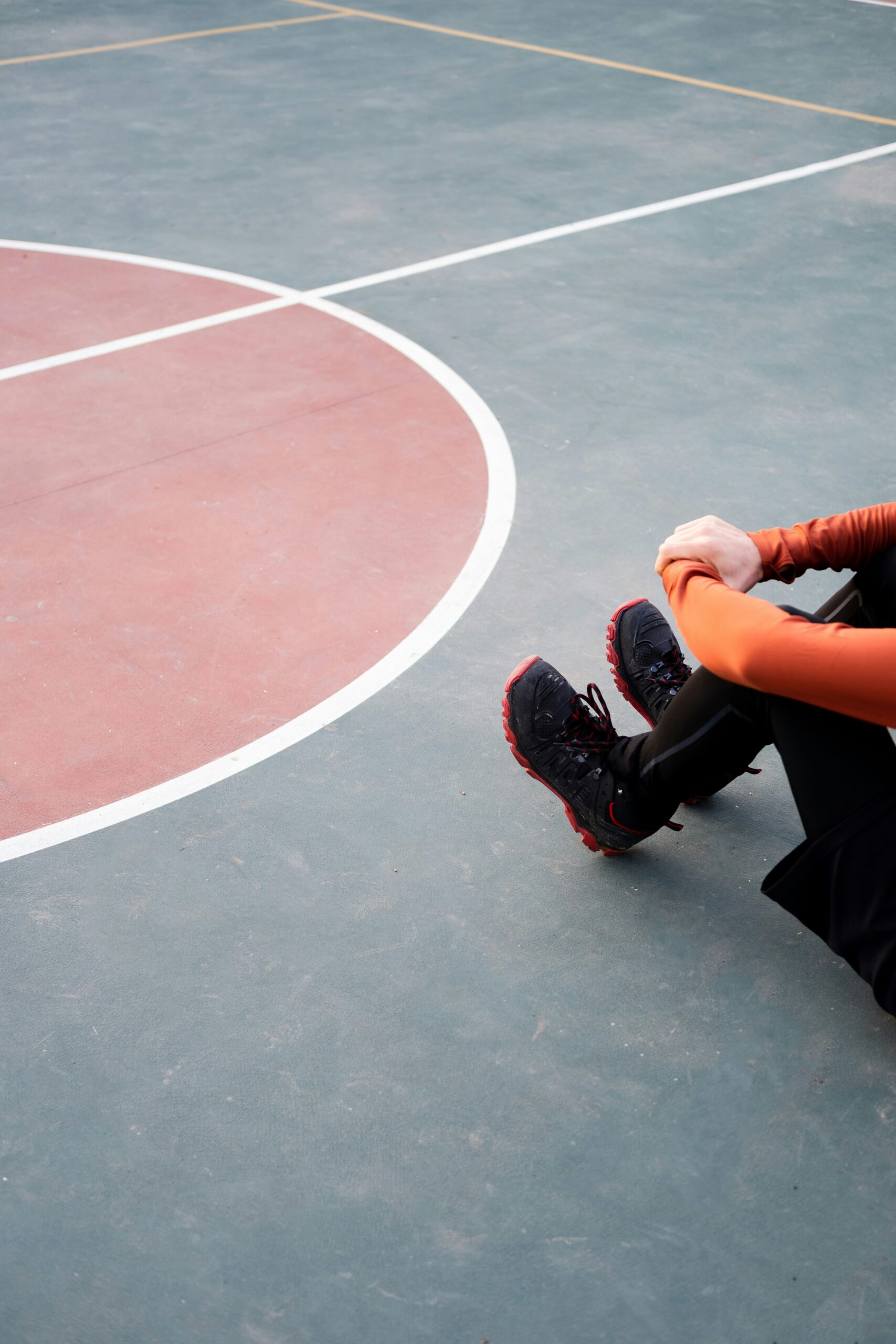
Identifying and developing raw athletic talent in young athletes is a crucial step toward building successful sports careers. Whether it’s in basketball, football, soccer, or any other sport, early recognition of talent can provide young athletes with the proper foundation to thrive. Coaches, parents, and mentors must know what to look for and how to guide their athletes through the developmental process. This article explores how to spot raw talent in young athletes and the steps needed to properly nurture it for future success.
Understanding Raw Talent
Raw talent in sports is often characterized by a natural ability to perform certain athletic tasks without much formal training. These athletes may exhibit exceptional speed, agility, strength, or coordination. They have the potential to excel in their chosen sport but may lack the technical skills and experience that come with years of training.
Spotting raw talent involves recognizing not just physical abilities but also the mental and emotional traits that contribute to success in sports. These can include resilience, a willingness to learn, a strong work ethic, and a competitive spirit. A young athlete might not always appear as the most polished player on the field, but their innate ability to grasp concepts quickly or adjust to various situations can indicate great potential.
Key Traits to Look For
When evaluating young athletes, it’s important to look beyond just performance during games or practices. Consider these key traits to identify raw talent:
Physical Ability: This includes coordination, balance, speed, and strength. A young athlete who can demonstrate exceptional control over their body, even in unstructured situations, likely possesses raw talent.
Work Ethic: A driven athlete who is willing to put in extra work, both in practice and in self-improvement, is likely to develop their skills quickly. Consistency and discipline are often more important than natural ability in the long run.
Mental Toughness: Sports can be mentally challenging, and athletes must cope with failure, pressure, and setbacks. Young athletes with mental toughness show an ability to remain focused and resilient in the face of adversity.
Coachability: Even the most talented athletes need guidance to hone their skills. A young athlete who is open to feedback and eager to improve shows a promising future.
Passion and Love for the Sport: Talent is often most visible in athletes who have a genuine passion for their sport. These athletes often go beyond the basic requirements of practice and seek to improve even when they’re not being coached.
How to Develop Raw Talent
Once raw talent is identified, it’s time to invest in proper development. This doesn’t mean pushing young athletes too hard or focusing solely on their athletic abilities. Instead, it’s about creating a balanced approach that nurtures both physical and mental growth.
Structured Training: Developing a young athlete’s skills requires structured, purposeful training. Coaches should design programs that build on an athlete’s natural strengths while addressing areas that need improvement. This involves focusing on technique, tactics, and overall fitness.
Setting Realistic Goals: Talent alone is not enough to achieve greatness. Young athletes should be given both short-term and long-term goals that challenge them while still being achievable. Reaching these goals builds confidence and reinforces the athlete’s commitment to their development.
Providing Mentorship: Mentorship plays an important role in an athlete’s growth. Establishing connections with experienced players or coaches who can offer advice, feedback, and insight is crucial. The guidance from someone who has already navigated the path to success can help young athletes avoid common mistakes.
Encouraging Multi-Sport Participation: Specialization too early can sometimes hinder long-term athletic development. Encouraging young athletes to participate in multiple sports can help them develop a broader range of skills. These sports may offer different challenges, which can help young athletes become more well-rounded players.
Fostering a Growth Mindset: One of the most important factors in developing raw talent is creating an environment that encourages a growth mindset. This means emphasizing effort over innate ability and focusing on progress rather than perfection. Athletes who believe their abilities can improve through hard work and learning are more likely to push themselves to reach their full potential.
The Role of Parents and Coaches
Parents and coaches play an integral role in the development of young athletes. Coaches provide the technical training, while parents offer emotional support and encouragement. Both must work together to create an environment that nurtures the athlete’s growth.
Coaches should be patient, recognizing that developing raw talent takes time. They must also maintain open communication with parents to ensure a collaborative approach to the athlete’s development. For their part, parents should encourage their children to enjoy the process of improvement rather than focusing solely on winning or the end result.
Spotting and developing raw talent in young athletes is an investment in their future success. It requires careful observation, guidance, and a commitment to creating a positive and challenging environment. By recognizing key traits and providing the right tools for growth, coaches and parents can help young athletes unlock their full potential and set them on the path to success in their chosen sport.